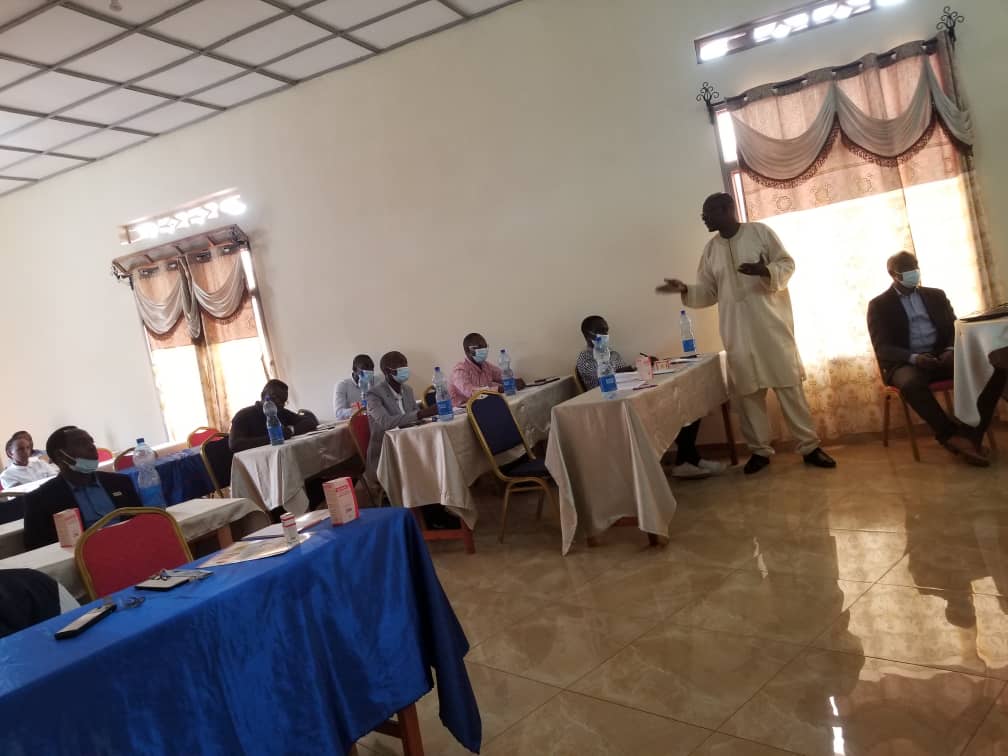Aiming for excellence, IPROSARUDE (Initiative for Promotion Rural health and Development ) is putting staff training at the center of its human resources management policy. “We need to learn how to do, before we learn by doing” was the motto of the managers of the clinics of the said association. This is how retraining and capacity building workshops were organized in Gitega from 19 April to 20 April, 2021.
The managers of the Hope clinics of Gitega, Hope clinic of Kayanza, Hope clinic of Mwaro, Hope medical center of Kayogoro and medical delegates of Iprosarude partner companies took part in this training.
Indeed, according to Dr. Jean Pierre Ndayirukiye, Executive Secretary of Iprosarude, during their practice of the art of healing, doctors must normally undergo continuous training to be up to date in order to provide quality services to the population.
“The mission of IPROSARUDE is to save lives and improve rural health in general and that of the most vulnerable people in particular through access to high quality health care. Hence we must be equipped with better human, technical and material resources to properly accomplish our noble mission,” added Dr. Jean Pierre.
The sessions were led by experienced trainers in the field of health with various themes including obstetrical ultrasound and monitoring of pregnancy, one of the services offered in all four clinics of Iprosarude. It was also the theme on diagnostic and therapeutic approaches to cancer and precancerous lesions of the cervix. This cancer is the cause of more than 34% of maternal deaths in Burundi.

The participants were also strengthened in diagnostic approaches to childhood cancer, diagnostic and therapeutic approaches to malnutrition, communication techniques in the health care environment, the supervision plan, internal audit and personnel management.
It should be noted that capacity building is important. Understood as the ability of individuals, organizations, and the community to manage their affairs successfully, capacity clearly requires more than the experience, knowledge, and technical skills of individuals.


Recent Comments